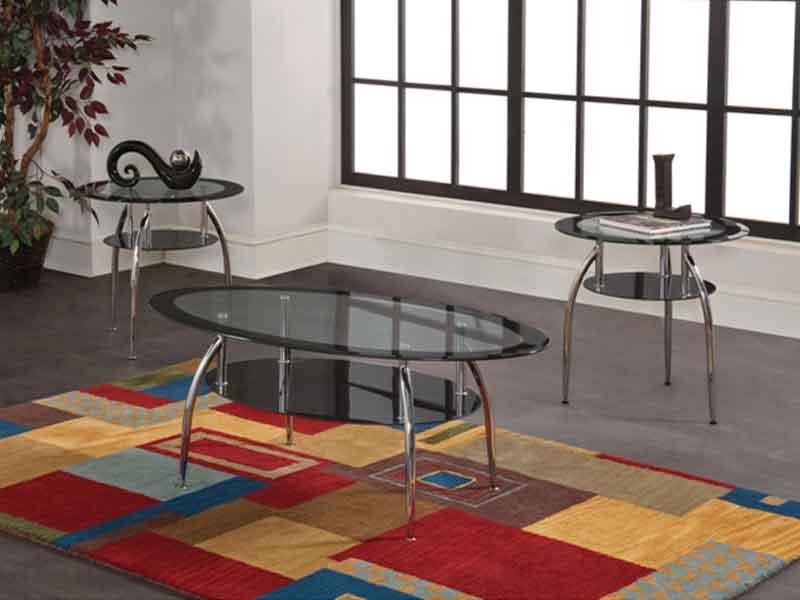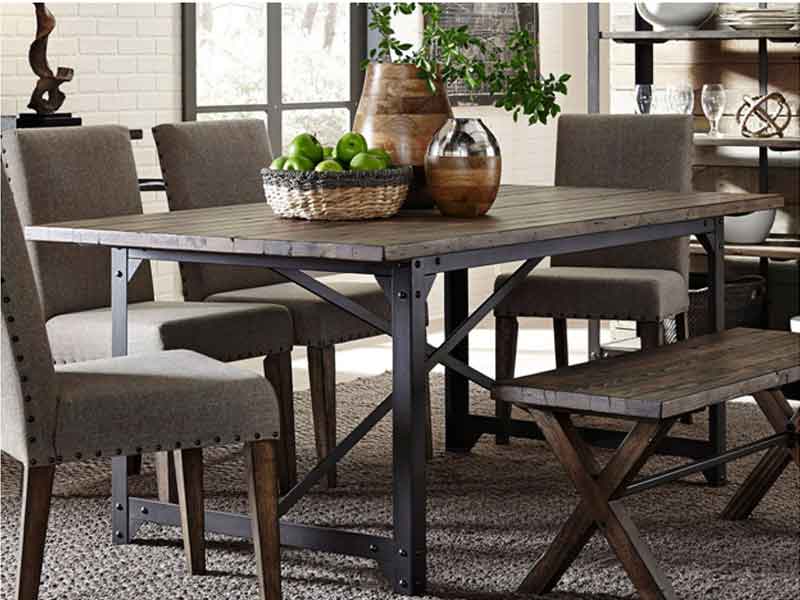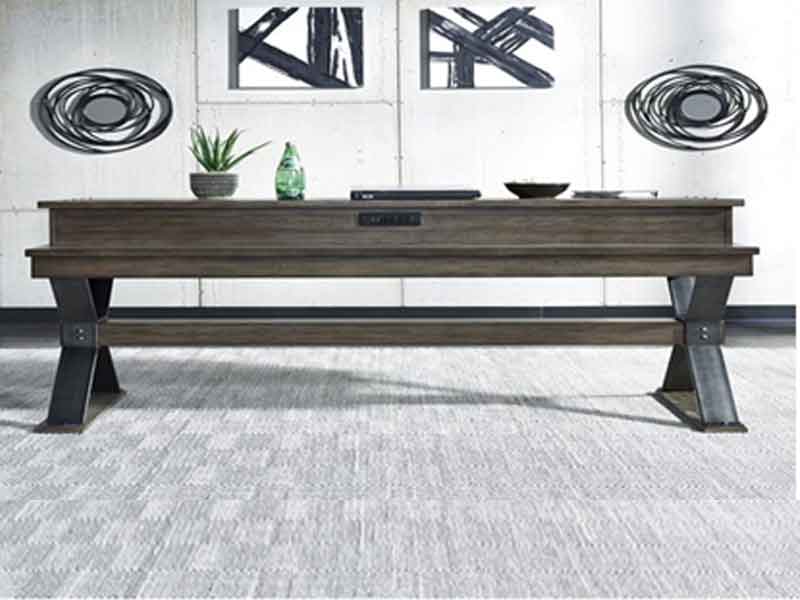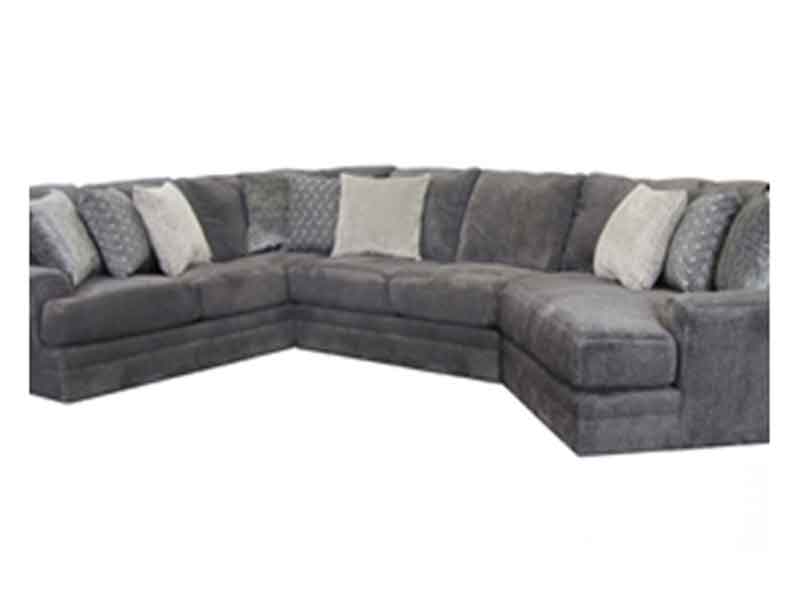Mastering the art of budget-friendly living has become a crucial skill. Whether you’re a student, a young professional just starting out, a family trying to make ends meet, or someone looking to save more for the future, adopting smart spending habits can make a significant difference. Thankfully, achieving financial stability doesn’t require drastic measures. With some simple adjustments and mindful choices, you can live comfortably without straining your wallet. Here are some practical tips to help you thrive on a budget.
Embrace Second-Hand Shopping
One person’s trash is another’s treasure, as they say. Embrace the world of second-hand shopping, whether it’s at thrift stores, garage sales, or online resale platforms. Places like Hart City Supercenter offer a treasure trove of pre-loved items at affordable prices. From clothing and furniture to electronics and kitchenware, you’ll be amazed at the quality items you can find without breaking the bank. Not only does buying second-hand save you money, but it’s also environmentally friendly, reducing waste and minimizing your carbon footprint.
Cooking at Home
Eating out can quickly drain your bank account, especially if it becomes a regular habit. Instead, opt for home-cooked meals as much as possible. Not only is cooking at home more budget-friendly, but it’s also healthier since you have control over the ingredients. Plan your meals for the week, make a grocery list, and stick to it to avoid impulse purchases. Get creative with leftovers to minimize food waste, and consider batch cooking and freezing meals for busy days when cooking from scratch isn’t feasible.

Cut Utility Costs
Utility bills can eat up a significant portion of your budget, but there are ways to reduce these expenses. Start by being mindful of your energy usage. Turn off lights and unplug electronics when they’re not in use, use energy-efficient appliances, and consider investing in smart home devices that help regulate energy consumption. Take shorter showers, fix any leaks promptly, and adjust your thermostat to save on heating and cooling costs. Small changes in your daily habits can lead to substantial savings over time.
DIY Whenever Possible
Instead of paying for services you can do yourself, roll up your sleeves and embrace the do-it-yourself (DIY) mentality. Whether it’s basic home repairs, car maintenance, or grooming tasks, there are countless resources available online to guide you through the process. From YouTube tutorials to DIY blogs, you can learn new skills and save money in the process. Not only does DIYing save you cash, but it also fosters a sense of independence and accomplishment.
Prioritize Free or Low-Cost Entertainment
Entertainment doesn’t have to come with a hefty price tag. Look for free or low-cost activities in your community, such as hiking, picnicking in the park, attending local concerts or art exhibitions, or exploring museums on free admission days. Take advantage of your library’s resources, from books and movies to workshops and classes. Host game nights or potluck dinners with friends instead of going out, and embrace the simple pleasures of spending quality time together without spending a fortune.

Practice Mindful Spending
Before making a purchase, ask yourself if it’s a need or a want. Delay gratification by implementing a 24-hour rule for non-essential purchases—wait a day before buying to see if you still want or need it. Comparison shop to find the best deals and consider buying generic or store-brand products instead of name brands. Use cash instead of credit cards to prevent overspending, and set financial goals to keep yourself motivated and focused on your budget.
Invest in Quality Over Quantity
While it may seem counterintuitive when trying to save money, investing in quality items can actually save you more in the long run. Instead of buying cheap, disposable items that need frequent replacing, opt for higher-quality products that are built to last. Whether it’s clothing, appliances, or furniture, prioritize durability and functionality over trendy or flashy designs. Look for warranties or satisfaction guarantees to ensure your investment is protected.
In conclusion, living on a budget doesn’t mean sacrificing your quality of life. By implementing these budget-friendly living tips, you can enjoy a fulfilling and comfortable lifestyle without breaking the bank. From embracing second-hand shopping and cooking at home to cutting utility costs and prioritizing free or low-cost entertainment, there are countless ways to save money and live within your means. Remember, small changes can add up to significant savings over time, so start incorporating these tips into your daily routine today and watch your savings grow.










